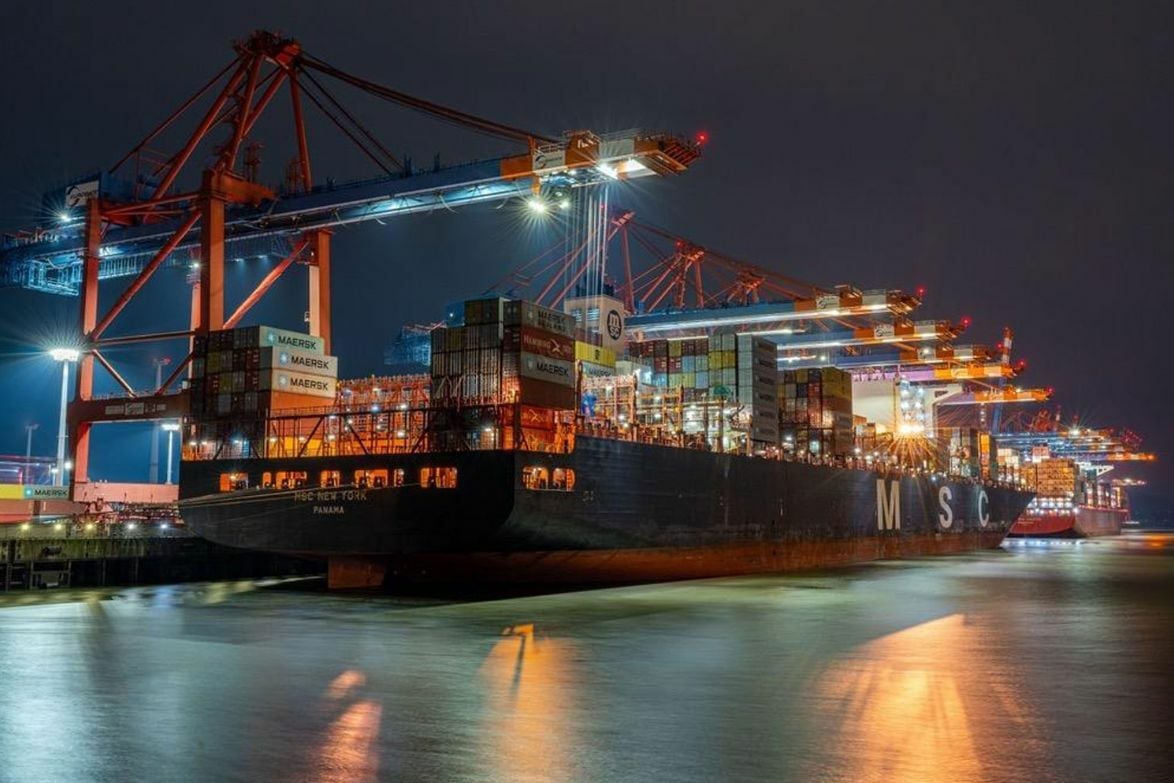Industry blues: Thailand’s TISI takes a double dip, blaming government formation woes

The Thailand Industry Sentiment Index (TISI) suffered another setback after experiencing a decline for the second month in a row, partly due to uncertainties surrounding the formation of a new coalition government. In May, the TISI dropped to 92.5 points from 95 in April.
Kriengkrai Thiennukul, chairman of the Federation of Thai Industries (FTI), cited issues in setting up a government and the political situation as significant factors in the TISI decline.
Despite the Move Forward Party (MFP) securing the most votes in the May election and quickly partnering with seven other political parties, doubts have risen over MFP leader Pita Limjaroenrat‘s alleged violation of Section 151 of the organic law on the election of MPs. Kriengkrai questioned whether the Senate would vote in favour of Limjaroenrat’s prime ministerial candidacy.
The TISI decline is influenced by domestic political uncertainty, an export downturn, and the impact of global geopolitical conflicts on business confidence.
The TISI reading for May is based on a survey of 1,327 entrepreneurs across 45 industries. Kriengkrai highlighted that domestic political uncertainties are causing concern among manufacturers and exporters as shipments experience a slowdown.
With bleak prospects for exports in 2023, the Joint Standing Committee on Commerce, Industry and Banking (JSCCIB) projects exports to remain flat or shrink by 1% this year, in line with the global economic downturn. Manufacturing sector businesses continue to struggle with high production costs, especially concerning energy prices. Rising loan interest rates have also led to increased financial costs for operators, contributing to TISI’s decline.
According to Chartchai Panichewa, vice-chairman of the FTI, the federation plans to request the JSCCIB to form a committee next month to advance a plan to export plants to the Gulf Cooperation Council (GCC) countries. These countries include Saudi Arabia, Kuwait, the United Arab Emirates, Qatar, Bahrain, and Oman. Saudi Arabia is interested in importing 55 billion plants from 38 species in Thailand, which would then be distributed among other GCC members as part of a carbon dioxide reduction plan.
Chartchai believes this could “be a new opportunity for Thailand, especially Thai farmers who can export their plants to the Middle East.”
Kriengkrai added that Saudi executives are considering investments in the petrochemical business, through a land bridge megaproject connecting the Gulf of Thailand with the Andaman Sea, as part of government efforts to stimulate the economy, reported Bangkok Post.
Latest Thailand News
Follow The Thaiger on Google News:


























